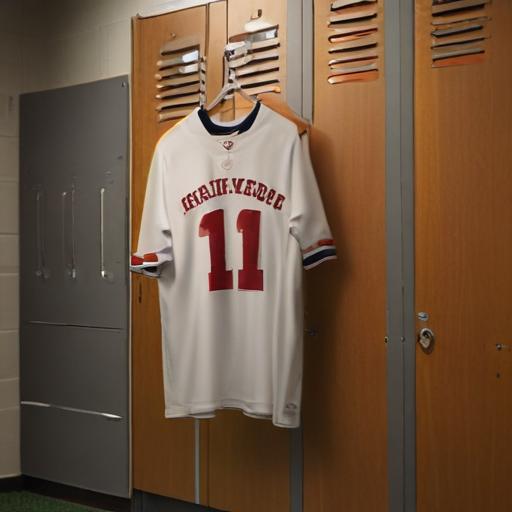A new agreement was reached on Thursday regarding the vetting of name, image, and likeness (NIL) deals in college sports, aiming to clarify standards surrounding player agreements with third-party collectives. The College Sports Commission (CSC) has updated its guidance to allow these collectives to establish a “valid business purpose” as long as the deals are related to the promotion or endorsement of goods or services offered to the public for profit.
This shift in policy dispels the previous notion that collectives must solely focus on paying players without any business aspect, which posed significant questions about their legitimacy. The changes come after a turbulent period of legal discussions, including a potential court confrontation regarding the CSC’s earlier guidance, which many believed inaccurately interpreted the terms of a critical lawsuit settlement allowing such payments.
The CSC is responsible for scrutinizing third-party deals valued at $600 or more, ensuring that schools do not circumvent the set $20.5 million cap on payments to players. Their latest ruling suggests a more accommodating interpretation of what constitutes a valid business purpose for collectives, focusing on the profitability of the goods or services being offered rather than the overall financial status of the collective.
Despite these loosening restrictions, a joint statement from the involved legal parties emphasized that the original aim of many NIL collectives—to attract student-athletes to institutions—does not inherently fulfill the valid business purpose requirement. Instead, the evaluation will rest on the substance of the transactions, not merely the labels applied to them.
Importantly, while the CSC will continue to determine the fair market value of provided goods and services, it retains the authority to connect athletes with businesses for additional NIL opportunities. This evolution in NIL governance may spark a new chapter in college sports, allowing athletes more freedom in their endorsement pursuits while maintaining a level of oversight on financial transactions.
Overall, this agreement signifies a progressive step forward in the ongoing adaptation of college athletics to modern compensation models, showcasing a balance between maintaining player rights and ensuring fair business practices.
